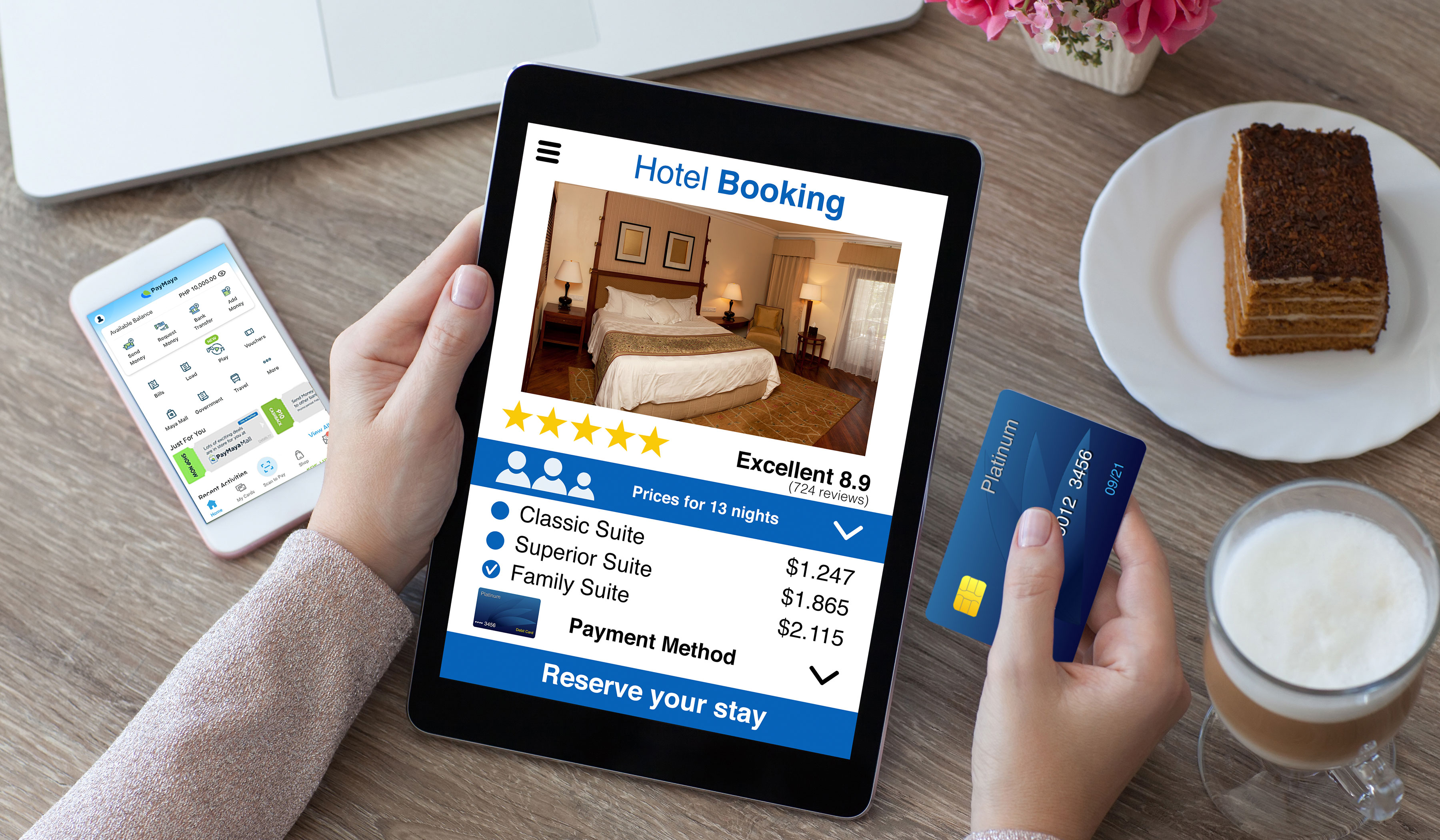
It’s no secret that businesses in the Philippines suffered a devastating blow in 2020, when the COVID 19 pandemic hit the country in full force. In what felt like an instant, many were forced to temporarily close their doors in order to prevent the spread of the highly contagious coronavirus. Travel was suspended and the movement of people was limited. The hospitality and tourism industries—and hospitality establishments in particular—were grievously affected as a result. With no tourists coming in, work trips postponed, and government regulations disallowing leisure stays, business effectively dried up for many of the hotels, motels, hostels, and home rentals in the country.
Many were able to quickly shift to a different model, opening their doors to frontline personnel and healthcare workers in need of places to stay. However, it’s clear to see that the situation these businesses are in is far from sustainable. Now that we are facing extended periods of community quarantine and looking towards an uncertain future ahead, it is of vital importance that these businesses make fundamental changes to the way they do things. Fortunately, adapting to what is shaping up to be the “new normal” and thriving during these uncertain times is absolutely possible. Make your hotel or motel pandemic-ready by emulating the best practices and qualities of the hospitality businesses that are flourishing right now:
At this point, businesses in the hospitality industry should start considering fully leaning into digital transformation, if they haven’t already. The wide range of digital services and solutions that have been custom-designed for hotels, motels, and even home rentals can significantly improve operations and ease if not totally eliminate certain specific issues, including ones that have little or nothing to do with the pandemic.
For example, there are few reasons why your hotel shouldn’t have its own website. Having a digital presence is immeasurably useful nowadays, what with almost everyone using the internet to search for goods, services, and businesses. You can maximize the power of your website by adding your own reservation portal, allowing guests to book their rooms directly with your establishment instead of going through online travel agencies or booking sites. Third-party add-ons like the Maya Checkout Plug-in makes it easy for your customers to pay for their reservations instantly with a credit card, debit card, e-wallet, or any other popular payment method.
Contactless payment methods are also much preferred now that we know the coronavirus-related risks associated with close physical contact. Guests who prefer to pay upon arrival can be accommodated with safer payment methods that do not involve physical cash. With the Maya ONE POS device, they can use their credit or debit card. They can also simply scan to pay using Maya QR for a truly contactless and seamless experience. Smaller establishments or those who operate home rentals may look to Maya ONE Lite for processing their payments. It has all the same functions of the Maya ONE POS device except for the ability to swipe magstripe-enabled cards and to print receipts. However, it comes in a lighter, more portable package that is much more convenient to carry around. Your staff can use it when charging customers for purchases at the pool area or in your hotel’s restaurant, for example.
Given that the situation regarding COVID-19 is one that is still developing even now, hospitality establishments would do well to review their cancellation policies and update them to reflect new measures specifically for epidemics, natural disasters, and different international alert levels. This is to address prevalent customer concerns: many hesitate to book accommodations, knowing that the circumstances can change at any time and they may never see the room they’ve reserved or their money back in the event of a surge in cases or some other unexpected situation. Another way to assuage these worries is to offer modifications to guest reservations up to 24 hours before arrival for those who have paid for their rooms ahead of time.
To minimize the time that guests spend in close proximity with others, it may also be a good idea to offer more flexible check-in and check-out times. Doing so helps prevent them from loitering on the street or in common areas, or waiting their turn in long queues. It also helps decongest common spaces that see a lot of foot traffic, such as elevator banks and the reception area.
There are certain things that smaller hospitality establishments simply can’t emulate wholesale from larger hotel brands. Boutique hotels, non-chain motels, and home rentals may not have the resources or budget for some of the practices that bigger chains are employing to fight COVID-19 and keep their guests and team members safe.
However, there is one area where they can easily keep up with their more established counterparts. Honesty and transparency both help build confidence and trust, which is so important to guests who may be feeling anxious about their stay. Creating an extensive guide of how your hotel is working to prevent COVID-19 infections and making a point to assist guests with all of their preparations before arrival can go a long way.
As a hospitality establishment, the best way to be and stay pandemic-ready is to be up-to-date on the latest news and guidance regarding COVID-19. It is your responsibility to be in constant communication with the local authorities, as well as to keep abreast of what the most recent directives are from the national government. With knowledge comes the power to overcome the many challenges that the new normal will bring.
Merchant inquiries:
Maya is powered by the country's only end-to-end digital payments company Maya Philippines, Inc. and Maya Bank, Inc. for digital banking services. Maya Philippines, Inc. and Maya Bank, Inc. are regulated by the Bangko Sentral ng Pilipinas.
www.bsp.gov.ph